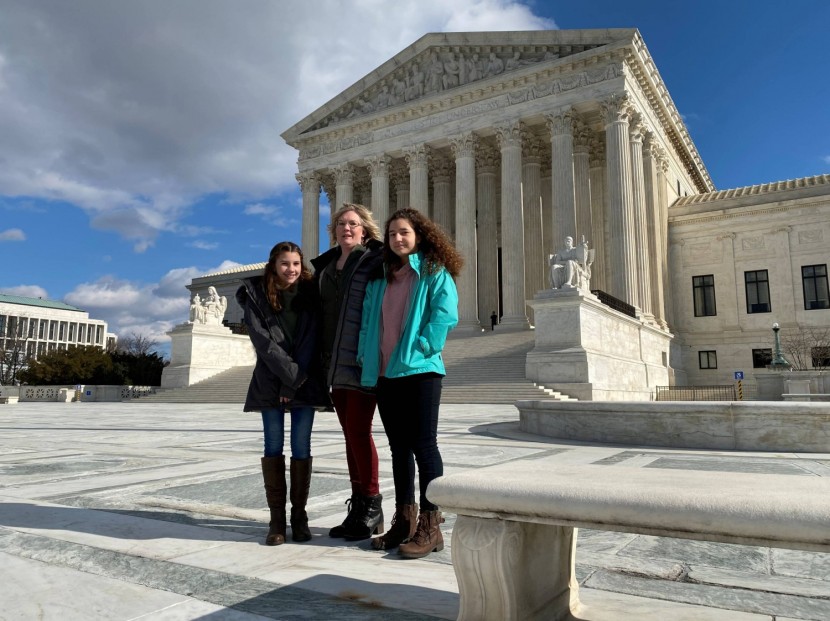
Opening the door towards additional public funding for children seeking religious education, the Supreme Court ruled in favor of the Montana parents who are seeking to send their children to religious schools using the state scholarship program, Tuesday.
According to the court ruling which won by a majority of votes 5-4, religious schools cannot be excluded from the tax credit program of Montana which directs money to private schools. Chief Justice John Roberts wrote the decision favoring the call for support on religious education.
However, the court did not require the states to fund religious education. The ruling only stated that religious schools should not be differentiated from secular private schools.
According to USA Today, Roberts said that a state does not need to subsidize private education institutions, however, if the state decides to do so, it cannot exclude some of these private schools because of the fact that they are run by religious institutions.
Meanwhile, the decision has been opposed by most teachers' unions due to the fact that they fear that allowing this may lead to draining the tax support that the struggling public schools are receiving.
The case was brought to light after three mothers from Montana whose children attended religious schools sought a scholarship worth $500 which was funded by the state's tax credit program. However, the highest court of the state did not approve the program saying that it defeats the separation between the church and state. After this, the entire program was struck down by state officials.
Liberal justices of the Supreme Court argued that the issue in Montana has already been solved by the stated by ending the whole program. Associate Justice Rith Bader Ginsburg even stated that the petitioners still have the choice to send their children in religious schools, however, there will be no available scholarships.
But Roberts along with four other justices stated that in most states the constitutional amendments of the o-aid policy rooted in the anti-Catholic sentiment way back in the 19th-century. Roberts also added that the Blaine Amendment rose during a time that there was hostility towards Catholics and the Catholic church, describing it as being "born of bigotry."
Read also: Appeals Court Prohibits Trump Administration in Using Military Funding to Pay for Border Wall
A historic moment.
The lead plaintiff of the case, Kendra Espinoza stated that by giving the decision, the court gave her, other parents, and their children the ability to exercise their religion and their right to education. She also described the ruling as a "historic moment."
On top of this, the Institute for Justice lawyers who represented Espinoza stated that the ruling's impact will be immediately felt not just in Montana but across several states and
Moreover, in a report by The New York Times, the founder of the Center for Education Reform Jean Allen stated that this decision is an extraordinary victory for equality in education opportunities, parental control, and student achievement. She also stated that the said decision carries an enormous amount of weight towards the right to education.
Related article: US Supreme Court Denies Texas Democrats' Request to Expand Mail-In Voting








